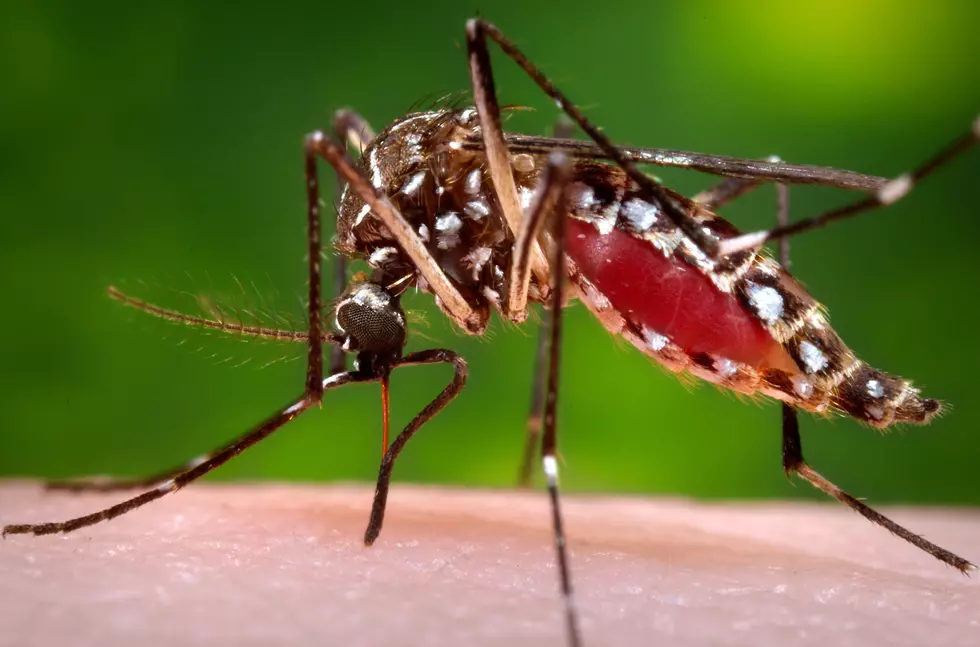
Confirmed Zika cases in NJ triple since June, but still all travel-related
The number of confirmed Zika virus cases in New Jersey has nearly tripled since mid-June, but the threat of local transmission remains low, according to state health officials.
New Jersey's cases are all related to travel, meaning the affected persons contracted the mosquito-borne virus from somewhere else (most likely outside the country).
The latest update from the state Department of Health brought the number of confirmed cases from 76 to 80. The added cases came out of Essex, Hudson, Passaic and Union counties.
"Part of the reason we're seeing an increase in the numbers is because people are becoming more aware, talking to their doctors and getting tested," said Dr. Arturo Brito, the department's deputy commissioner. "We expect that number to grow because of awareness and increased testing."
The department would not comment on whether any of New Jersey's cases involved pregnant women. They are the most at-risk population given Zika's confirmed link to a serious birth defect of the brain known as microcephaly.
Fifteen babies have been born in the United States with birth defects as a result of Zika, according to the Centers for Disease Control and Prevention, including an infant in May at Hackensack University Medical Center.
The CDC website points to 479 pregnant women nationwide with laboratory evidence of a possible Zika virus infection.
Most people infected with Zika won't know they have the virus because they won't show symptoms, but the most common symptoms include fever, rash, joint pain or conjunctivitis, the CDC said. The illness is usually mild and it's rarely fatal.
New Jersey is one of 40 states and territories to receive money from the federal government this month in order to better respond to cases of infants born to mothers with Zika, and to monitor the health and developmental outcomes of these children over time.
At six, Florida is the only state with confirmed locally-acquired cases. The Aedes aegypti mosquito, the main vector for virus transmission, is rarely found in New Jersey and struggles to establish a population here due to its need for tropical climate.
"In New Jersey at this point, it is still believed that the risk of local transmission remains low," Brito said. "It's not totally unexpected in Florida and southern states."
Contact reporter Dino Flammia at Dino.Flammia@townsquaremedia.com
More From New Jersey 101.5 FM









